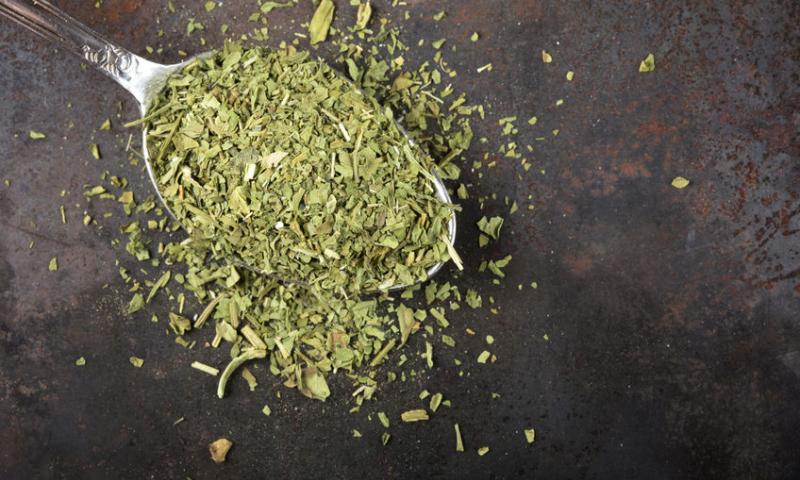 />
/>
COMMON NAME: Lovage
LATIN NAME: Levisticum Officinale
ORIGIN: Homeland of Lovage is Southern Europe, the natural habitat of it is Iran and Afghanistan.
HABITAT: Distributed in the Mediterranean countries of Europe. Acclimatized, widely cultivated around the world.
BOTANICAL INFORMATION: Lovage (lat. Levisticum officinále) is the only species of the monotypic genus Levisticum of the Umbelliferae or Apiaceae family.
Lovage is a large perennial herbaceous plant, sometimes reaching 2-2.5 m in height. It has a fairly large, thick, branched, brown root with a pungent spicy smell. The stem is straight, furrowed, naked, hollow. The leaves are alternate, dark green and shiny; the lower ones are long-grained (up to 70 cm long), the middle ones are short-grained. The flowers are small, yellowish-green or whitish-yellow in complex umbrella-shaped inflorescences with numerous leaflets of wrappers. The plant has 5 stamens. The fruit is an ovule, breaking up when ripe into 2 dry 1-seed mericarp on carpophores, oval-elliptical in shape and flattened along the back with thickish winged ribs. It blooms in June - August. The fruits ripen in September. The plant propagates by seeds and bushes. Frost-resistant plant. The whole plant has a strong smell, very similar to the aroma of celery.
CHEMICAL COMPASITION:
All parts of Lovage contain essential oil (0.1-2.7%), which contains up to 98 components, including D-α-terpineol, cineole, acetic, isovalerianic and benzoic acids, butylphthalide, ligustilide, which is the main carrier of a characteristic smell. The roots contain lecithin (0.9%), falkarindiol (0.06%), resins, gum, organic acids (angelic and malic), starch, sugars, terpenes - α-terpineol, carvacrol, sesquiterpenes, isovaleric acid, furocoumarins (psoralen and bergapten), tannins and minerals. Leaves have a large amount of ascorbic acid. The grass of Lovage contains up to 119 mg of ascorbic acid and 5 mg of carotene, bitterness, rutin, which has P-vitamin activity. The leaves also have a number of trace elements.
SOME FACTS:
- The herb has many popular names, most of which are associated with the word "love": dawning garden, pipe maker, love, love potion, love grass, etc. Often it is called perennial celery.
- In many countries, Lovage is used as a side dish, for this purpose the stems and leaves of the plant are deep-fried.
- Lovage is used as a flavoring agent for confectionery and in the process of manufacturing alcoholic beverages as well.
*This article is for informational purposes only. We suggest consulting with a physician before using these or any other herbal supplements.
